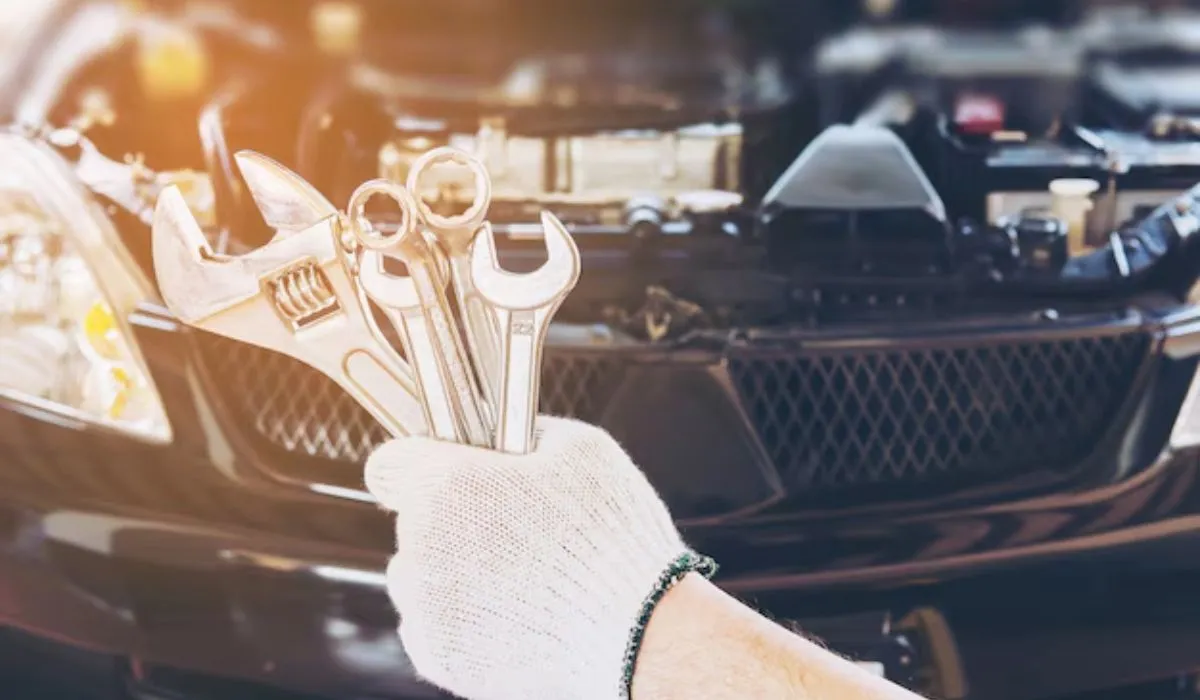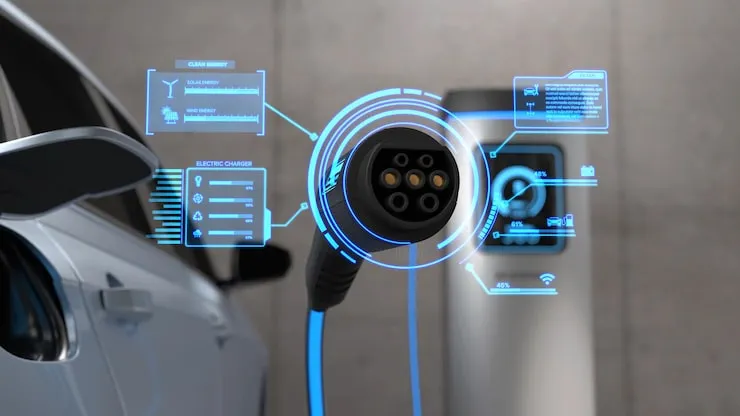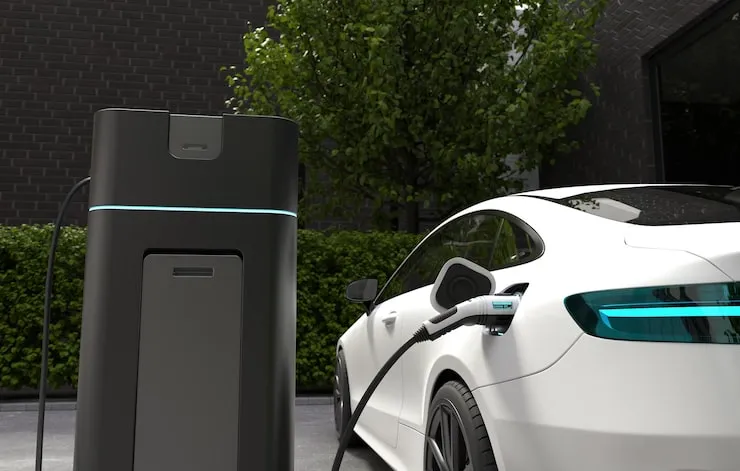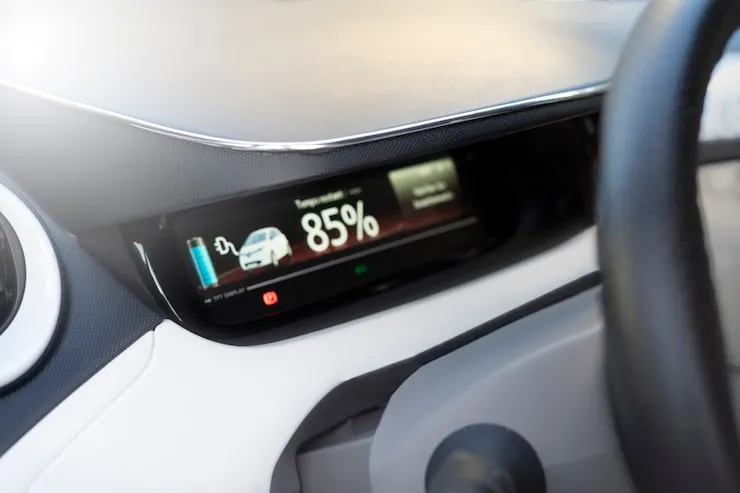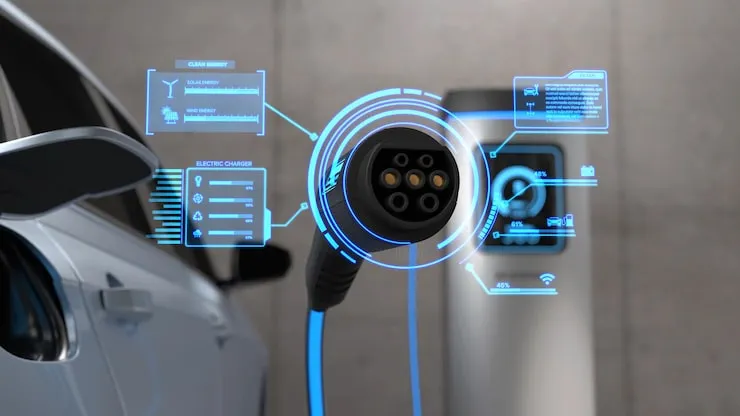If you’ve ever stood by your car on a hot afternoon, waiting for a tow truck, you probably wished you’d caught the issue sooner. The truth is, most car problems don’t just show up—they build up. And with only a few good habits, you may completely prevent them. Yes, you heard that right. Some car maintenance tips could save you time, money, and a great lot of tension. This is not about having dirty hands every weekend. It's about knowing your car just enough to detect when anything seems off—and acting before it becomes a repair bill.
What Every Driver Learns Eventually
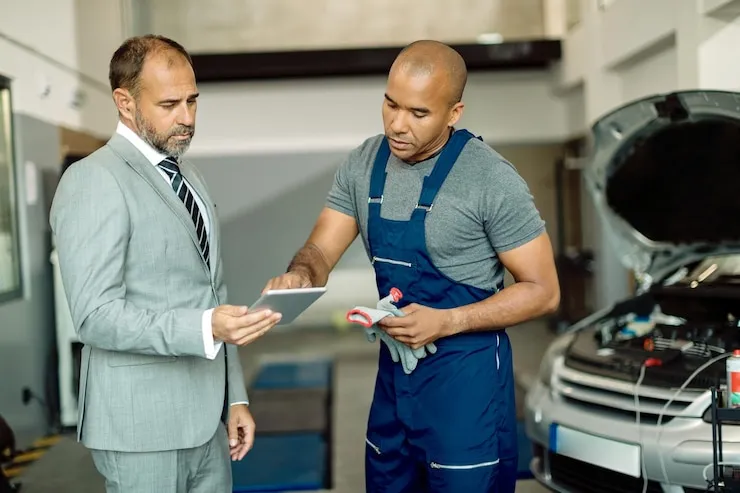
It usually happens after the second breakdown or a huge garage bill. That moment when you think, “Maybe I should have done something earlier.” The reality? Cars aren’t trying to be mysterious. They leave signs, make sounds, and throw signals (literally) when something needs attention. And that’s where a few trusted car maintenance tips come in. They're like habits that just quietly keep things running smoothly. You don’t need to be a car geek. You just need to know the basics—and follow through.
How a Routine Saves You
Most drivers only open their hood when something goes wrong. But here’s a little secret: keeping a routine makes life easier. It helps you spot leaks before they drip on your driveway or catch worn-out tyres before they skid. Ever heard of a car maintenance schedule? Think of it like meal prepping for your vehicle. You plan ahead, and everything works out better. Your car manual probably already gives you a schedule. And if not, even simple notes on your phone like, “Check oil next month,” or “Brake pads due in December” can make all the difference.
When Oil Gets Old, So Does the Engine
Ask any experienced driver—fresh oil feels like a tune-up. It’s smoother, quieter, and your fuel lasts longer. But many folks ignore it until the engine feels sluggish. That’s why engine oil change tips are always part of any serious guide. Here’s what you need to remember: Don’t wait for dashboard warnings. Don’t guess based on how it sounds. If your car’s been running around in traffic, or through dusty roads, your oil’s probably working overtime. It needs a refresh. Changing your oil and doing it right, isn’t fancy it’s just smart.
You may also like to read:- Automotive Technology: The Driving Force Behind Modern Mobility
A Simple Checklist That Actually Works
There’s no award for doing everything perfectly, but having a go-to car maintenance checklist helps you catch problems before they show up on your mechanic’s invoice. Look at your tires every now and then. Give your wipers a test. Listen to your brakes. These are things that take less than five minutes but can stop a breakdown in its tracks. And when in doubt, make it a habit to just look and listen to your car. It usually talks. Just not in words.
Brakes: Don’t Ignore the Whispers
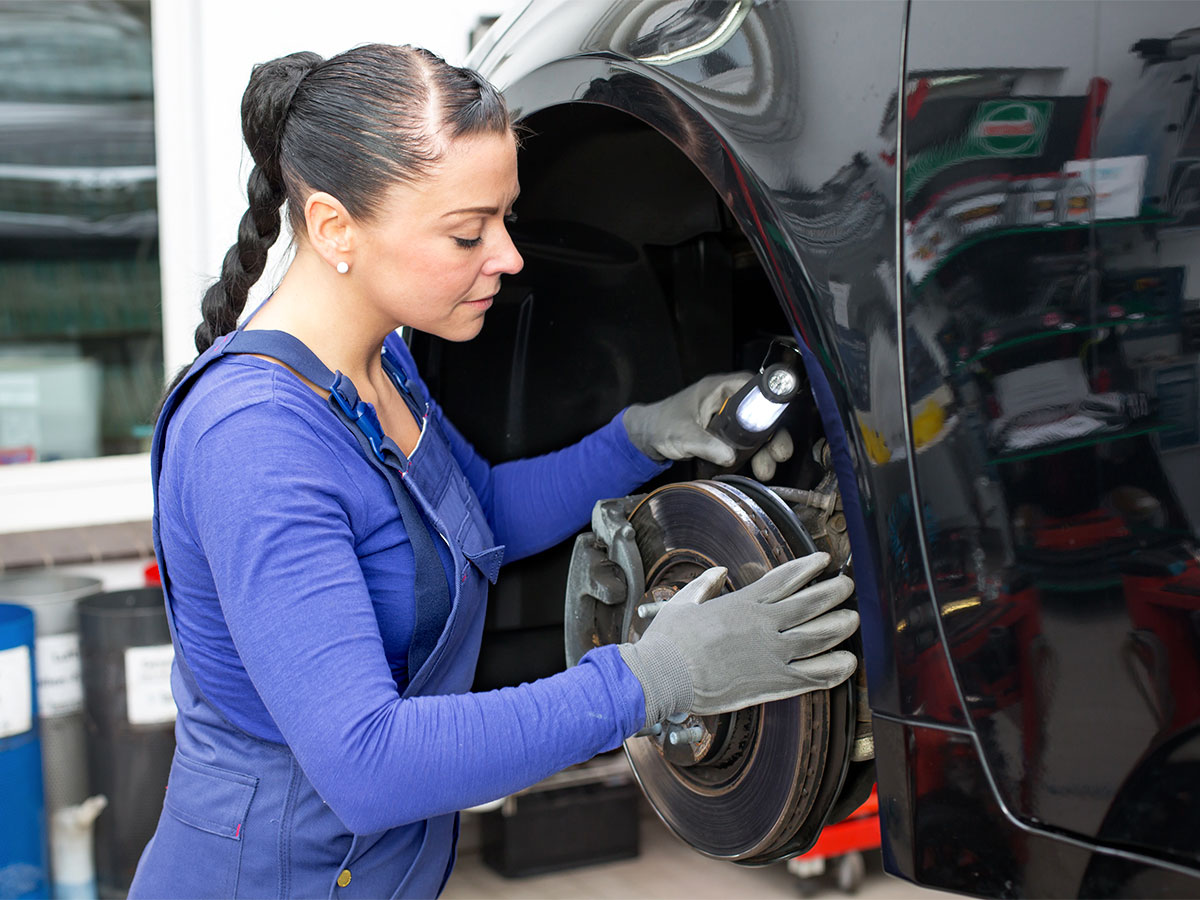
Sometimes they squeak. Other times, they pulse under your foot. And too often, they’re ignored until the car doesn’t stop the way it should. That’s why having a brake inspection checklist is more important than people think. You don’t need a professional to tell you your car is pulling to one side, or that your brakes feel different. If anything changes, note it. A slow response, a soft pedal, a strange sound—it’s all worth checking out. Brakes aren’t just a part of the car. They’re what keep you safe.
The Battery: The Quiet One Until It Dies
We don’t think about batteries until they stop working. And then, they ruin your morning. But here’s the thing—most car batteries don’t just die. They fade. Slowly. And if you’re paying attention, they drop hints. Keeping up with battery care for cars means checking the terminals for rust, tightening the cables, and replacing it every few years. And no, waiting until it dies once isn’t a good test of whether it still “has life in it.” Want to keep things running? Start the car every few days if it’s parked for a long time. Especially during the rainy season.
Your Car Needs to Breathe Too
When your air filter is filthy, it’s not just a problem. It chokes your engine, reduces mileage, and makes your drive less responsive. Most people never look at their filters, but regular air filter replacement is probably one of the easiest fixes out there. Check the filter if your engine sounds like it's gasping for breath or your fuel costs increase. Though sometimes a 10-minute task, it causes a very obvious change. Consider it like this: You breathe better with clean air. So does your car.
Real Talk: Manuals Are Boring, But Useful
Most people never open that book. But inside it? Everything you need for your very own vehicle servicing guide. Want to know what kind of coolant your car uses? That manual knows. Don’t trust random advice online when your car’s specific needs are already written down by the people who built it. Set aside 20 minutes one evening, flip through it, and bookmark the important parts. You’ll be glad you did.
The Little Things Add Up

Many car owners ignore the basics because they don’t seem urgent. But that’s exactly the point. Maintenance is all about doing things before they’re urgent. Remember to update your car maintenance schedule every few months. Don’t delay oil changes. Stick to your car maintenance checklist, even when things “feel fine.” Need a reminder set one. Track mileage using your phone, a sticky note, or even fuel receipts.
Final Thoughts: It’s Not Complicated. It’s Just Consistent.
Taking care of your car isn’t about doing everything at once. It’s about doing a little at the right time. Think of these car maintenance tips like brushing your teeth—not exciting, but you’d rather not deal with the consequences of skipping it. You don’t need to be a car person. You just need to be a little more curious when something sounds weird or feels off. Start by checking your oil. Then your brakes. Clean the battery. Notice your mileage. Change your filter. Trust us. Your car will run better, drive smoother, and last longer.



